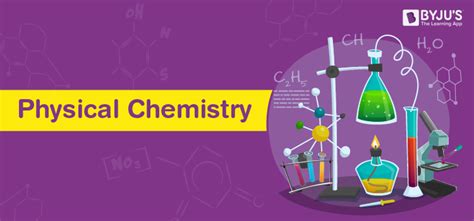Chemistry is the fascinating science that delves into the world of matter, its composition, properties, and the transformations it undergoes. General chemistry, the foundation of this vast discipline, provides a comprehensive understanding of the fundamentals that govern the behavior of matter.

Key Concepts in General Chemistry
1. Matter:
Matter is anything that occupies space and has mass. It exists in three primary states: solid, liquid, and gas.
2. Elements:
Elements are pure substances that cannot be broken down into simpler components using chemical processes. There are over 118 known elements, each characterized by a unique atomic number and symbol.
3. Compounds:
Compounds are substances formed when two or more elements chemically combine in fixed proportions. They have unique properties that differ from their constituent elements.
The Periodic Table
The periodic table is a tabular arrangement of elements organized based on their atomic number, electron configurations, and chemical properties. It is a valuable tool that allows scientists to understand and predict the behavior of elements.
Chemical Bonding
Chemical bonding holds atoms together to form molecules and compounds. The primary types of chemical bonds are:
- Covalent bonds
- Ionic bonds
- Metallic bonds
Chemical Reactions
Chemical reactions involve the transformation of reactants into products through the rearrangement of atoms and bonds. Key concepts related to chemical reactions include:
- Stoichiometry: Determining the quantitative relationships between reactants and products
- Thermochemistry: Understanding the energy changes associated with chemical reactions
Applications of General Chemistry
The principles of general chemistry find countless applications in various fields, such as:
- Medicine: Developing new drugs, understanding disease mechanisms
- Materials science: Creating advanced materials for electronics, aerospace
- Environmental science: Monitoring air and water quality, addressing pollution
- Energy production: Fuel combustion, solar cell design
Innovations in General Chemistry
Researchers are continuously pushing the boundaries of general chemistry, leading to groundbreaking discoveries that have the potential to transform our world. Some notable innovations include:
- Nanochemistry: Exploring materials at the nanoscale for novel applications
- Green chemistry: Developing sustainable and environmentally friendly chemical processes
- Computational chemistry: Using computers to model and simulate chemical systems
FAQs on General Chemistry
1. What is the difference between a molecule and a compound?
A molecule is a specific arrangement of atoms covalently bonded together, while a compound is a general term for a substance composed of two or more chemically combined elements.
2. What is the role of temperature in chemical reactions?
Temperature affects the rate and equilibrium of chemical reactions. Higher temperatures typically increase reaction rates and shift the equilibrium towards products.
3. How can I use chemistry in my daily life?
Chemistry is present in everything from cooking to cleaning to medicine. Understanding basic chemical principles can help you make informed decisions about products you use and the environment around you.
4. What are some career paths in chemistry?
Chemists can pursue careers in academia, industry, government, and non-profit organizations in fields such as research, product development, environmental protection, and education.
Conclusion
General chemistry provides the foundational knowledge necessary to understand the world around us and make meaningful contributions to science and society. Its applications span a wide range of disciplines, and ongoing innovations promise to unlock even more potential in the years to come.
